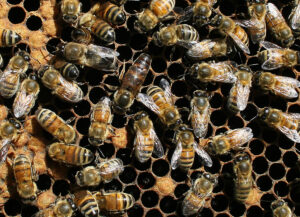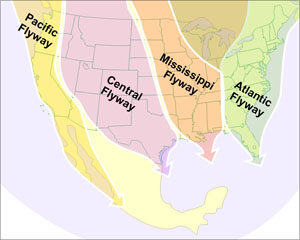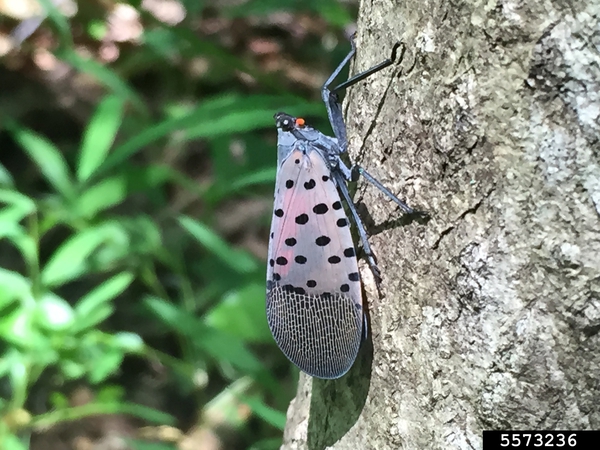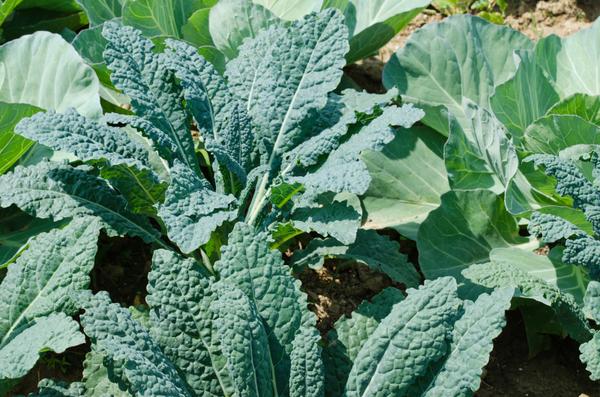
The Basics of Beekeeping
Also referred to as Apiculture, beekeeping is the process of maintaining bee colonies in structures known as hives, for …



El inglés es el idioma de control de esta página. En la medida en que haya algún conflicto entre la traducción al inglés y la traducción, el inglés prevalece.
Al hacer clic en el enlace de traducción se activa un servicio de traducción gratuito para convertir la página al español. Al igual que con cualquier traducción por Internet, la conversión no es sensible al contexto y puede que no traduzca el texto en su significado original. NC State Extension no garantiza la exactitud del texto traducido. Por favor, tenga en cuenta que algunas aplicaciones y/o servicios pueden no funcionar como se espera cuando se traducen.
Inglês é o idioma de controle desta página. Na medida que haja algum conflito entre o texto original em Inglês e a tradução, o Inglês prevalece.
Ao clicar no link de tradução, um serviço gratuito de tradução será ativado para converter a página para o Português. Como em qualquer tradução pela internet, a conversão não é sensivel ao contexto e pode não ocorrer a tradução para o significado orginal. O serviço de Extensão da Carolina do Norte (NC State Extension) não garante a exatidão do texto traduzido. Por favor, observe que algumas funções ou serviços podem não funcionar como esperado após a tradução.
English is the controlling language of this page. To the extent there is any conflict between the English text and the translation, English controls.
Clicking on the translation link activates a free translation service to convert the page to Spanish. As with any Internet translation, the conversion is not context-sensitive and may not translate the text to its original meaning. NC State Extension does not guarantee the accuracy of the translated text. Please note that some applications and/or services may not function as expected when translated.
Collapse ▲
Also referred to as Apiculture, beekeeping is the process of maintaining bee colonies in structures known as hives, for …

The Halifax & Northampton Counties’ Beekeepers’ Association looks forward to seeing you at our monthly meeting! We will meet …
Are you a homeowner, a farmer, or a property manager? You’ve likely had to deal with problematic fire ants. …

North Carolina A&T Small Farms Week is coming up in a couple of weeks! This is a great opportunity …
The 2022 Master Gardener Volunteer training course will begin on Thursday, February 17th. As a dual-county program (Halifax and …

Calling all youth flock owners to help in protecting all North Carolina flocks! Highly Pathogenic Avian Influenza (known as …
With 2022 approaching quickly, we will soon begin interviews for Extension Master Gardener Volunteer candidates. The Master Gardener Volunteer training …

This factsheet offers information on the biology and management of the spotted lanternfly, an invasive …
This guide provides home gardeners with instructions for growing strawberries, blueberries, brambles (blackberries and raspberries), …

An introduction to soil acidity and liming for farmers and gardeners to increase crop income …

You can attract the many butterflies found throughout North Carolina to your backyard by following …
This publication covers insect control in a variety of crops, as well as household pests.
This manual, updated every year, covers pesticide use and safety information, chemical application equipment, fertilizer …
This publication describes restricted-use pesticides, the safe use of pesticides and evaluating the potential for …

This series of publications provides information about how to grow, harvest, and prepare a variety …